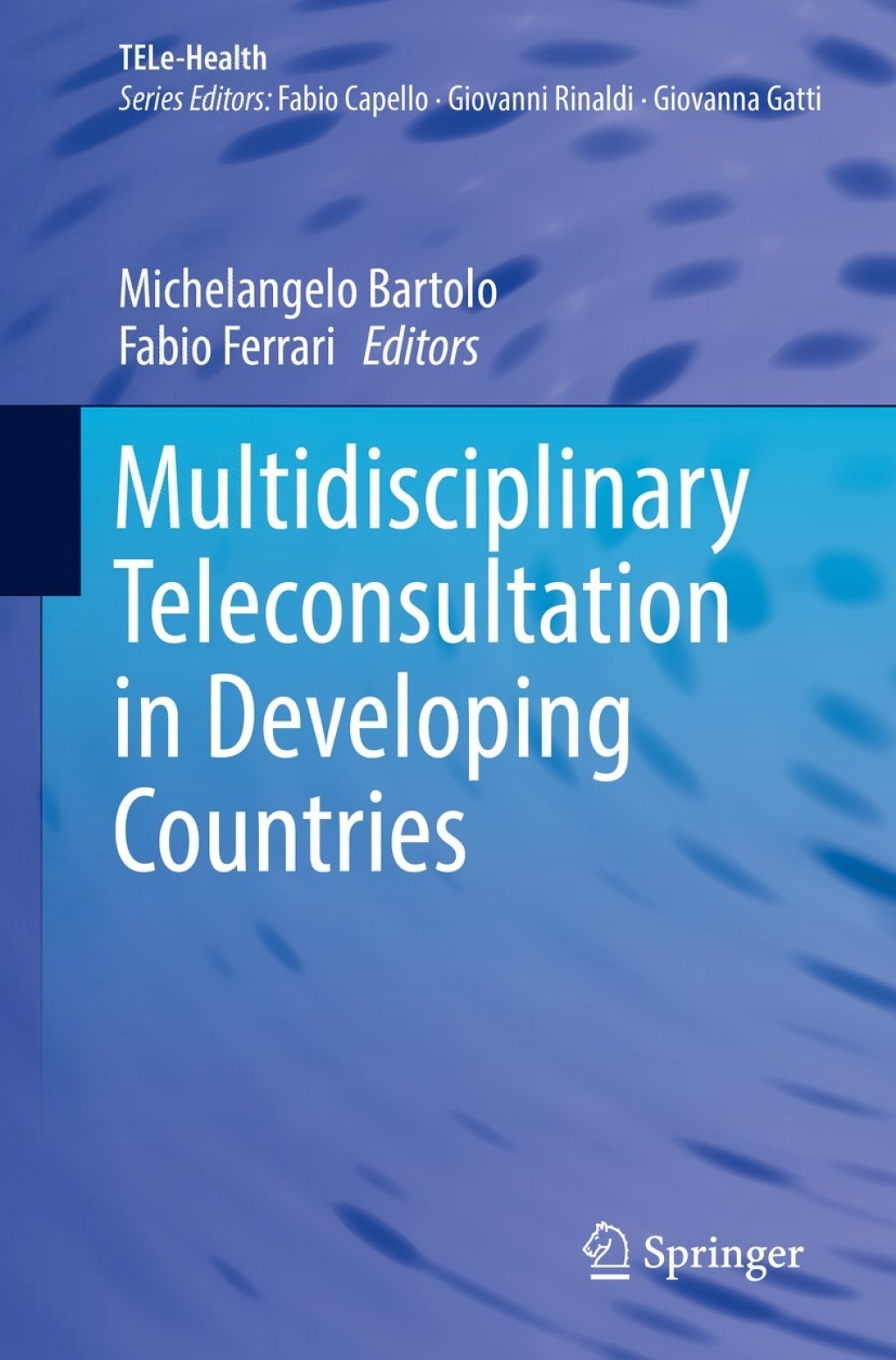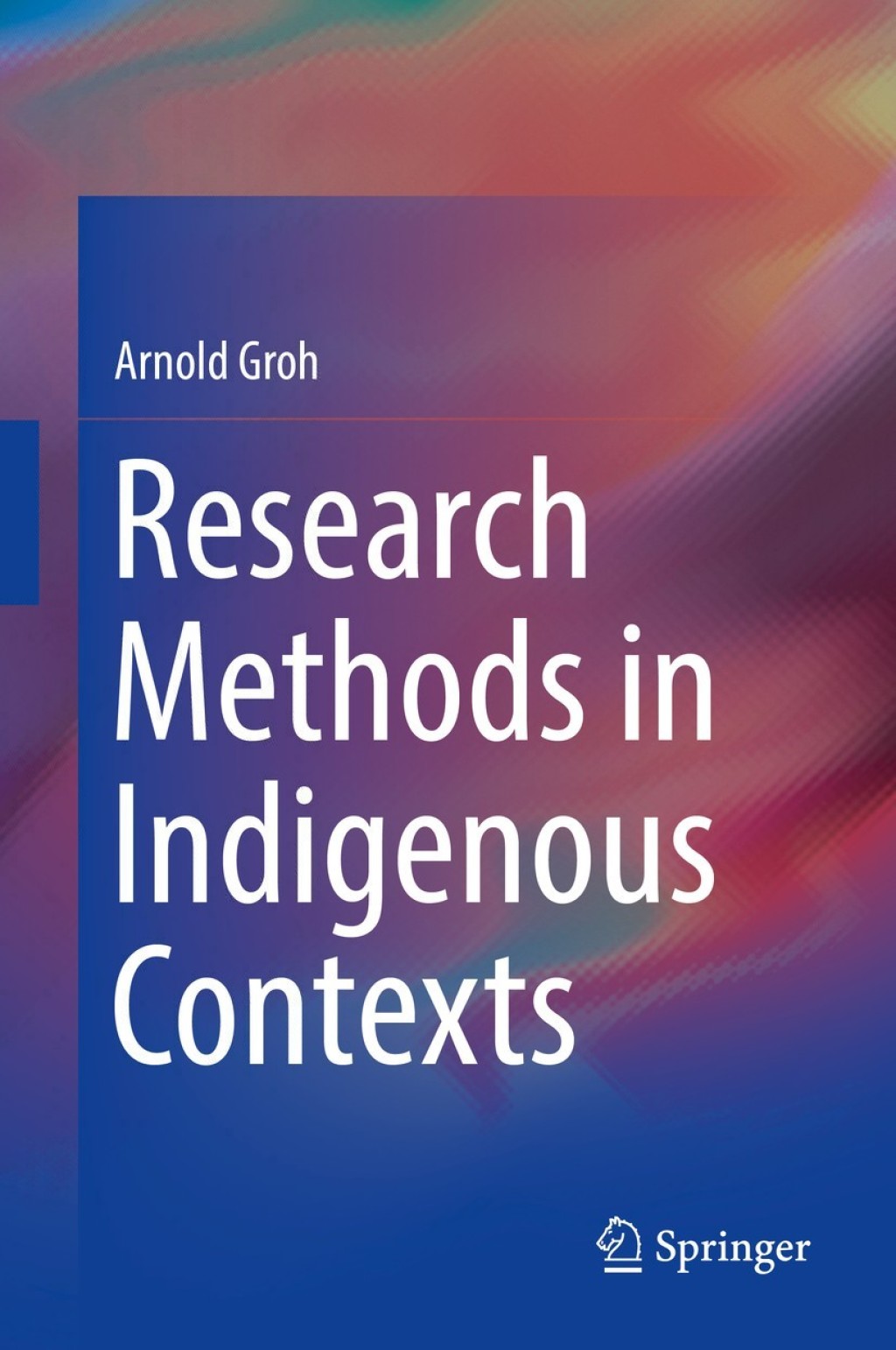This forward-looking resource offers readers a modern contextual framework for conducting social science research with indigenous peoples. Foundational chapters summarize current UN-based standards for indigenous rights and autonomy, with their implications for research practice. Coverage goes on to detail minimally-invasive data-gathering methods, survey current training and competency issues, and consider the scientist’s role in research, particularly as a product of his/her own cultural background. From these guidelines and findings, students and professionals have a robust base for carrying out indigenous research that is valid and reliable as well as respectful and ethical.Among the topics covered: ·        Cultural theories and cultural dominance. ·        The legal framework of research in indigenous contexts. ·        The role of language within indigenous peoples’ cultural rights. ·        Methodology: how to optimally collect data in the field.·        Researchers’ influence and philosophy of science. ·        Learning how to prepare research in indigenous contexts. Research Methods in Indigenous Contexts is an important reference benefitting a wide audience, including students and researchers in the social sciences, humanities, and psychology; decision-makers of NGOs and GOs that act with regard to humanitarian aid, for tourism projects, or any other contingency with indigenous contexts; and policymakers interested in the aspects of human activity upon which indigenous cultural concerns are based.
Research Methods in Indigenous Contexts
Author(s): Arnold Groh
Publisher: Springer
ISBN: 9783319727745
Edition:
$39,99
Delivery: This can be downloaded Immediately after purchasing.
Version: Only PDF Version.
Compatible Devices: Can be read on any device (Kindle, NOOK, Android/IOS devices, Windows, MAC)
Quality: High Quality. No missing contents. Printable
Recommended Software: Check here










